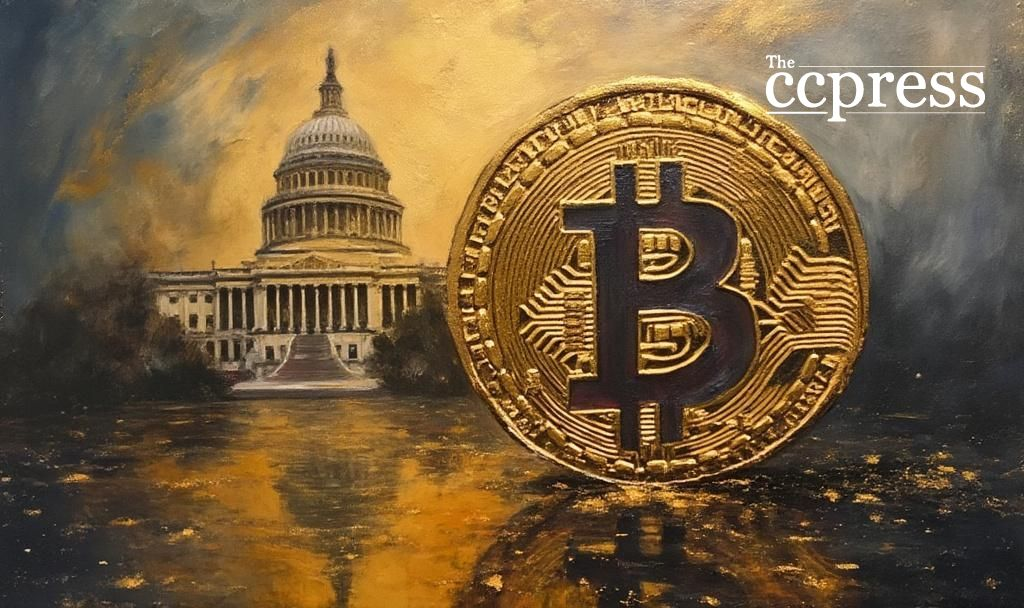- Main event, leadership changes, market impact, financial shifts, or expert insights.
- JPMorgan launches JPMD for institutional use.
- Potential boost in blockchain settlements.

JPMorgan is venturing into the stablecoin sector with the JPMD token, a strategic move despite Dimon’s historical skepticism toward cryptocurrencies. The key focus is to enable 24/7 onchain settlements for institutional clients.
Jamie Dimon, known for his criticism of cryptocurrencies, is championing this initiative. The JPMD token will operate on the Base Blockchain, fostering fast settlements and potentially reshaping institutional finance dynamics.
The entry of a major bank into the public blockchain space may drive significant shifts in institutional transaction volumes. This development aligns with growing industry trends toward integrating traditional finance with blockchain technology.
The financial implications are substantial, as the bank’s daily $10 trillion throughput highlights the potential shift. Regulatory compliance and alignment with blockchain standards are crucial to JPMorgan’s strategic decisions.
As JPMorgan, a major player in the financial sector, adopts blockchain for institutional settlements, other banks may follow. This could set a precedent for broader adoption of similar technologies.
This move signifies the potential catalyst for increased transactions on Ethereum. Historical trends, such as the PayPal PYUSD release, underline how large-scale blockchain integrations can elevate network activity, reinforcing the technological landscape.
“J.P. Morgan is bringing banking onchain. Kinexys from @jpmorgan is launching JPMD, a USD deposit token for institutional clients, on Base. It will be the first token of its kind on a public blockchain, enabling fast, secure, 24/7 money movement between trusted parties.” — Jamie Dimon, CEO, JPMorgan Chase
| Disclaimer: The content on The CCPress is provided for informational purposes only and should not be considered financial or investment advice. Cryptocurrency investments carry inherent risks. Please consult a qualified financial advisor before making any investment decisions. |
























